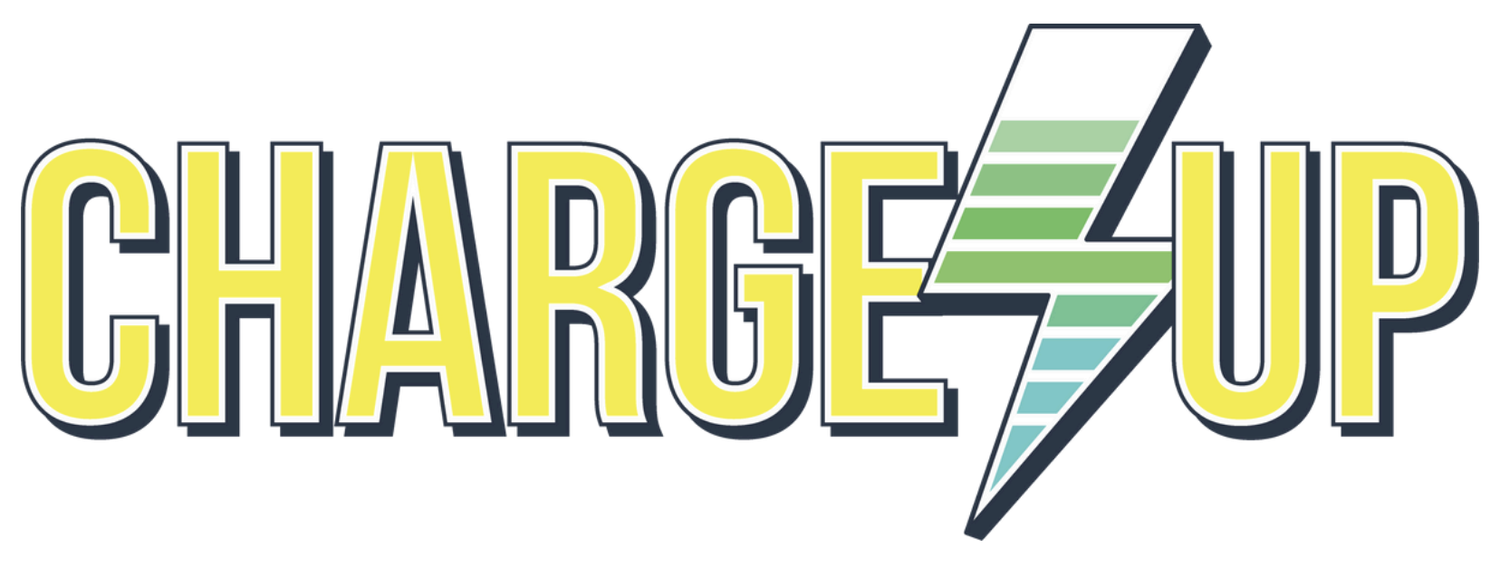Scams & Misinformation Training
This webinar and related resources were delivered in April 2025.
Protecting Energy Consumers from Scams and Misinformation
In the session we explored practical ways for community service providers to help clients navigate and protect themselves from misinformation, disinformation, and scams – issues that are increasingly impacting vulnerable communities, and often in the energy space.
Further Information
Full notes available here - a summary is below.
To help clients stay safe online, encourage them to:
Question the source: Who wrote it? Is it reputable?
Read beyond headlines: Titles can be misleading – check the full story.
Watch for bias: All content has a perspective; encourage cross-checking.
Use fact-checking tools: ABC Fact Check, Full Fact, TinEye for images.
Common scam tactics include:
Impersonating trusted institutions
Creating urgency (“limited time only”)
Using fake testimonials or deals that seem “too good to be true”
Overloading with information to prompt rash decisions
Red flags to watch for:
High-pressure sales pitches
Unsolicited contact asking for personal info
Complex contracts with hidden costs
Protective steps to share with clients:
Verify deals through trusted sources (e.g. Energy Made Easy)
Don’t share personal info with unknown callers
Use “Do Not Knock” and “Do Not Call” registers
Read all terms and conditions carefully
If a scam is suspected:
Cease contact immediately
Contact IDcare on 1800 595 160 for support
Report to:
If you are working with older Queenslanders who are seeking advice about potential scams, the Seniors Enquiry Line (1300 135 500) can provide information and referral support.

